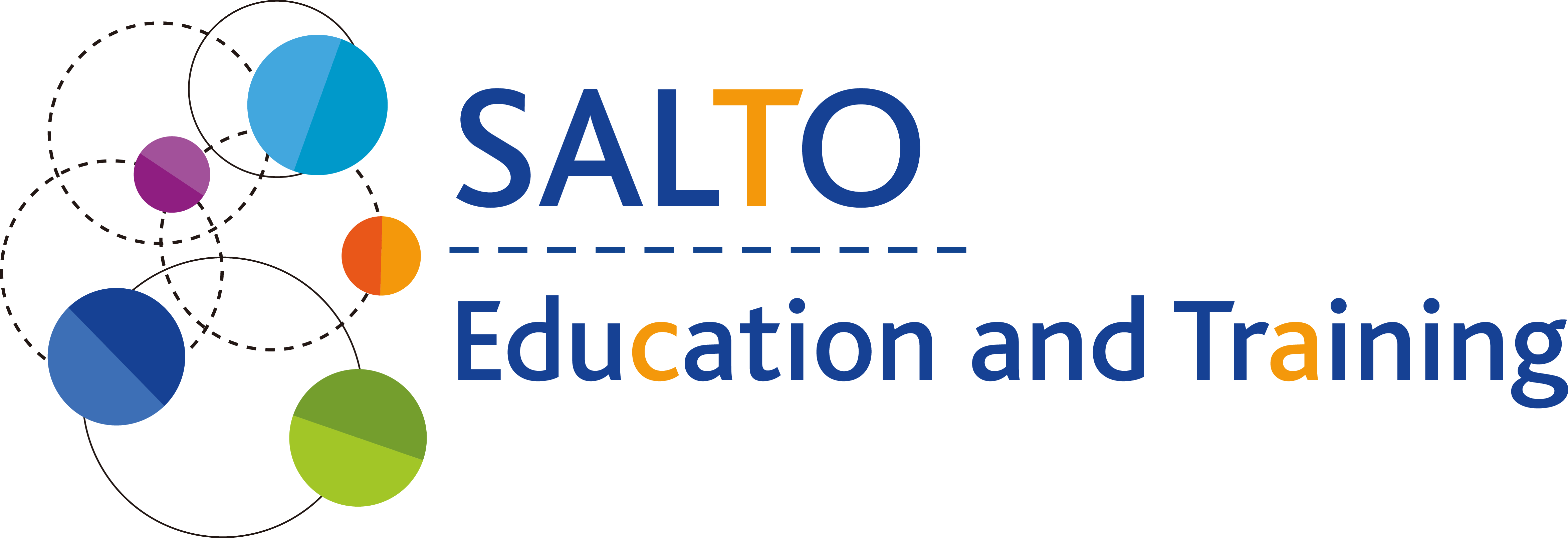Governance >> NA directors (Priority themes of the TCA)
The
European Commission works with National Agencies to manage the
Erasmus+ Programme. The National Agencies are located in all the
Programme Countries to ensure closeness
to participants and adaptability to the diversity of
national education, training and youth systems. These National
Agencies are entrusted with the promotion
and implementation of the Programme at national level
and they act as the link between the European Commission and
participating organisations at local, regional and national level.
See the list of National Agencies on the link below:
https://ec.europa.eu/programmes/erasmus-plus/contact/national-agencies_en
The directors of the National Agencies are the Heads of the NAs who are responsible for strategical decisions and for leading their Agencies according to their organization’s mission and vision. Inter-agency directors’ meetings are held regularly.
NA directors proposed priority themes for the TCAs
The Directors of National Agencies - at their Informal Meeting in Malta in 2017 – discussed the transnational cooperation activities and took stock of the strategic priorities of all NAs. The most prioritised topics were clustered to four main broad themes which were named as the four priority themes for transnational cooperation activities. These priority themes - impact, internationalization of HE and VET institutions, professionalization of teachers and staff and inclusion – provide a strategical focus for the TCAs in 2018-2020. The priorities are not exclusive other topics can also be proposed.
Read more...The priority themes include different subtopics, some examples are presented below:
Impact
-
Supporting KA2 projects on dissemination and sustainability
-
Promoting cross-sectoral exchange of practice
-
Capacity building in impact and dissemination
-
Evidence based methods and tools on impact
Internationalization of HE and VET institutions
-
European internationalisation strategies within VET and HEI
-
Internationalisation strategies for VET Charters
-
Long term pupil mobility
-
Student recognition
Professionalization of teachers and staff
-
International project management skills
-
Validation of learning experiences
-
21st century skills
-
Interactive teaching methodologies
Inclusion
-
Equal opportunities in education
-
Supporting migrants through education and training
-
21st century skills (especially critical media and digital competences)
-
Erasmus+ Role Models
2018 © Tempus Public Foundation

